Park Yeonmi, a North Korean defector, is afraid the United States is on the decline and becoming "as bleak as North Korea" having graduated from one of the most prestigious universities in the free world.
Park, 27, a vocal critic of the North Korean dictatorship regime, made her views known in an interview with Fox News, where she described her shock at the level of thought censorship these days.
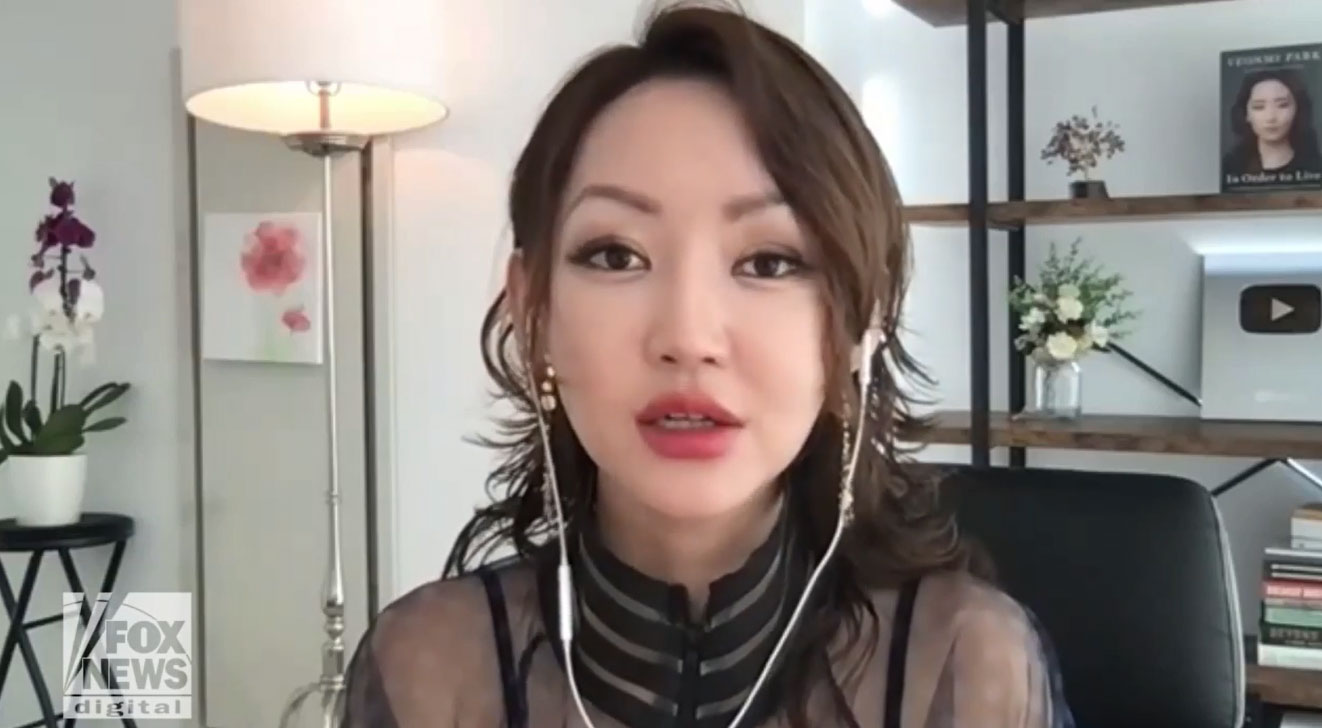 via Fox News
via Fox News
She is one of several hundred North Korean defectors who have successfully settled in the United States, and one of the most high-profile ones who have attained celebrityhood because of her advocacy and penmanship.
She transferred to Columbia University, an Ivy League institution, from a South Korean university in 2016.
But the move was unsettling and even deeply disturbing.
U.S. becoming like North Korea
Having experienced North Korea and the U.S. firsthand, she said the similarities in the two countries include anti-Western sentiment, collective guilt, and suffocating political correctness -- despite the gulf between the two nuclear powers economically and culturally.
The level of thought control in the U.S. now has become disabling.
"I expected that I was paying this fortune, all this time and energy, to learn how to think. But they are forcing you to think the way they want you to think," Park said about her time in university.
"I realised, 'Wow, this is insane'. I thought America was different but I saw so many similarities to what I saw in North Korea that I started worrying."
Anti-American propaganda taught in U.S.
She also claimed that every one of her university classes was infected with what she saw as anti-American propaganda, similar to the sort she had grown up with.
She was referring to the perspective that views White people as the source of global problems that have persisted till today as a result of colonialism.
In North Korea previously, she was taught, as all children are, that Americans are the imperialist problem.
She said: "The math problems would say, 'There are four American bastards, you kill two of them, how many American bastards are left to kill?'"
Trigger warnings and safe spaces
Park told The New York Post that her professors gave students “trigger warnings”, and allowed students to sit out of class discussions by first sharing the wording in readings in advance so people can even opt out of reading.
“Going to Columbia, the first thing I learned was ‘safe space’,” she said.
“Every problem, they explained (to) us, is because of white men.”
Park added that some of the discussions of white privilege reminded her of the caste system in her native country, where people were categorised based on their ancestors, she told The New York Post.
In one class, a teacher discussing western civilisation asked students if they had a problem with the name of the topic.
Most students raised their hands, according to Park.
Some, she said, mentioned issues with the “colonial” slant of the discussion.
Curse of preferred pronouns for non-native English speakers
The madness has even flipped the age-old adage about how the personal is political, by making the political personal.
Park also told The New York Post that classes often began with professors asking students for their preferred pronouns.
The use of “they” became scary for her, she said, as she feared being socially penalised for not being inclusive enough in her vocabulary.
The emphasis on being called a certain pronoun, Park observed, consumed a lot of nervous energy that puts people like her, who are minorities and who do not speak English as a first language, in an even more disadvantageous position as she is prone to foul-ups.
"English is my third language. I learned it as an adult. I sometimes still say 'He' or 'She' by mistake, and now they are going to ask me to call them 'They'? How the heck do I incorporate that into my sentences?"
North Korea not as crazy
Park also recalled being made to feel guilty for enjoying classic literature, such as Jane Austen.
And this occasion took place early on in her Ivy League education.
During orientation, a staff member chided Park for expressing her love for the book.
Park claimed: "Then she said, 'Did you know those writers had a colonial mindset? They were racists and bigots and are subconsciously brainwashing you.’"
"I said ‘I love those books.’ I thought it was a good thing," recalled Park. "It was chaos."
"It felt like the regression in civilisation."
"Even North Korea is not this nuts," she admitted.
"North Korea was pretty crazy, but not this crazy."
But to ensure she maintained her GPA and graduate, Park said she eventually "learned how to just shut up" after getting into a number of arguments with professors and students.
People in Ivy League school talking about being oppressed
In her video interview with Fox News, Park also scoffed at the idea that people in North America are consumed by oppression and speaking out against it, despite not having seen or felt oppression first-hand in their institutions of tertiary education, where many paid a princely sum in tuition fees to enter a privileged existence.
"These kids keep saying how they’re oppressed, how much injustice they've experienced. They don't know how hard it is to be free," she admonished.
She also accused American higher education institutions of stripping people's ability to think critically.
"In North Korea I literally believed that my Dear Leader (Kim Jong-un) was starving," she recalled.
She laughed at that thought now and said: "He's the fattest guy, how can anyone believe that?"
"And then somebody showed me a photo and said, 'Look at him, he's the fattest guy. Other people are all thin.' And I was like, 'Oh my God, why did I not notice that he was fat?'"
"Because I never learned how to think critically."
"That is what is happening in America," she continued. "People see things but they've just completely lost the ability to think critically."
"You guys have lost common sense to (a) degree that I, as a North Korean, cannot even comprehend," she said.
"Where are we going from here?" she wondered. "There’s no rule of law, no morality, nothing is good or bad anymore, it's complete chaos."
"I guess that's what they want, to destroy every single thing and rebuild into a Communist paradise."
Background
Park and her mother fled North Korea in 2007.
Park was 13 years old at that time.
Mother and daughter crossed into China over the frozen Yalu River, and ended up with human traffickers who sold them into slavery.
Park was sold for less than US$300 and her mother for roughly US$100.
But the pair managed to flee to Mongolia with the help of Christian missionaries.
They walked across the Gobi Desert, and after this detour, found refuge in South Korea.
In 2015 she published her memoir, In Order to Live.
The book was an international hit, with Park held up as the spokesperson for North Korean defectors and a major critic of the Kim dynasty and who provided a glimpse inside the hermit nation.
However, Park's account of her life, the tales of living under one of the world’s most brutal dictatorships, and the harrowing journey to freedom have been called into question due to the inconsistencies in her retelling of her story at various points in her life.
Some anecdotes appear to have been shifted across the timeline of events, or suspected to have been told by her even though it happened to someone else, as a form of living vicariously through Park as a conduit into North Korean life in general, or conjured to coincide with certain events pertaining to current affairs in wider society at any given time.
Her audience who buy into her stories have been accused of being too credulous and giving the defector a free pass and the benefit of the doubt, given that a lot of what she said about her past life in North Korea cannot be easily fact-checked.
Her early public speaking days were passed off as a North Korean defector who was earnest but unable to articulate herself properly due to a language barrier.
Top photos via groucho Flickr, Alejandro Mallea Flickr & Park Yeonmi Facebook
If you like what you read, follow us on Facebook, Instagram, Twitter and Telegram to get the latest updates.
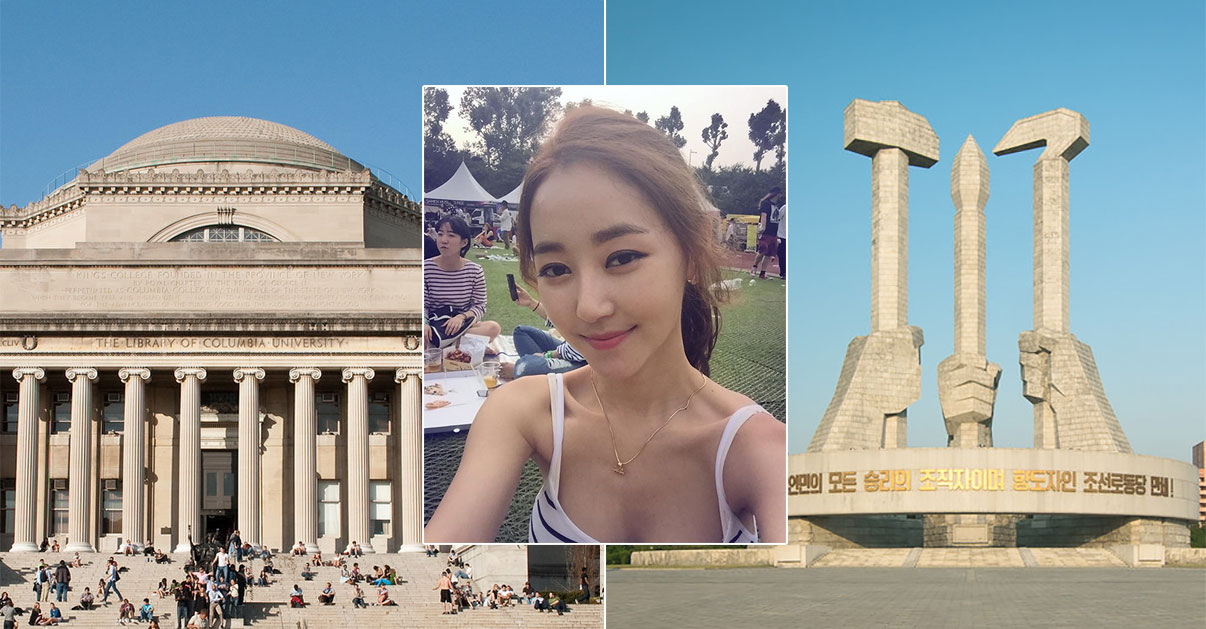
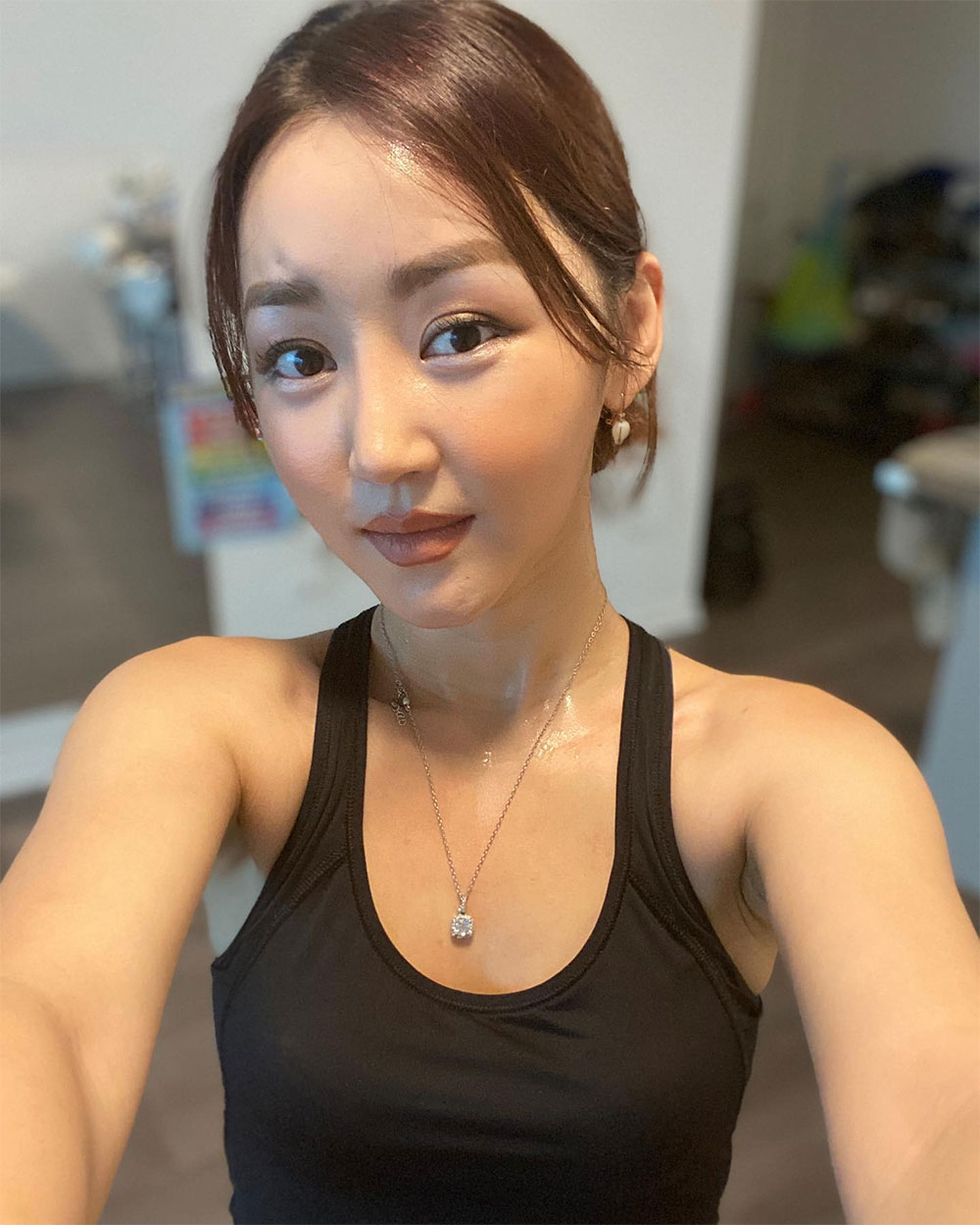 via
via  via
via 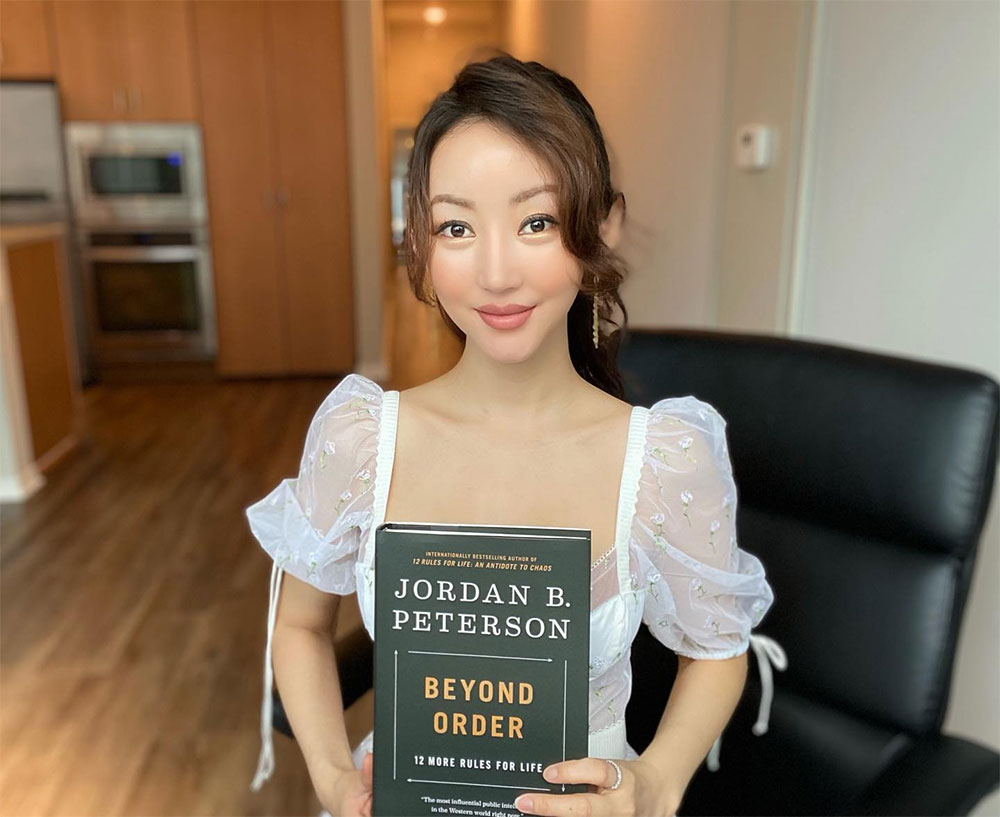 via
via 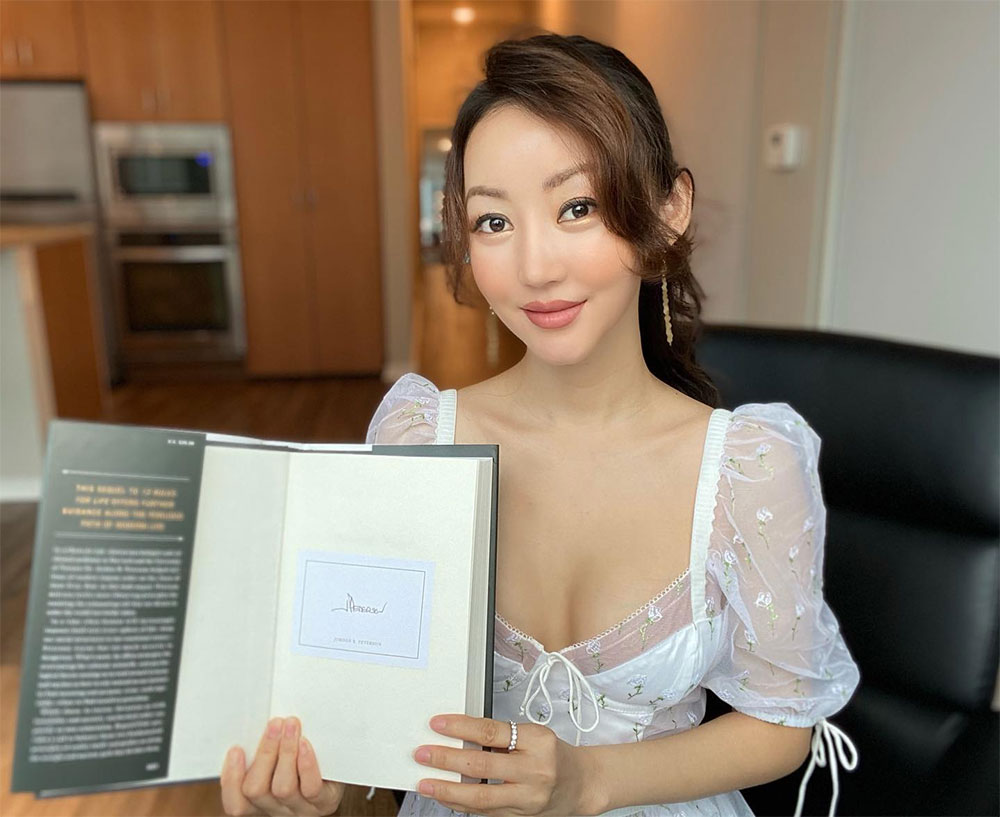 via
via 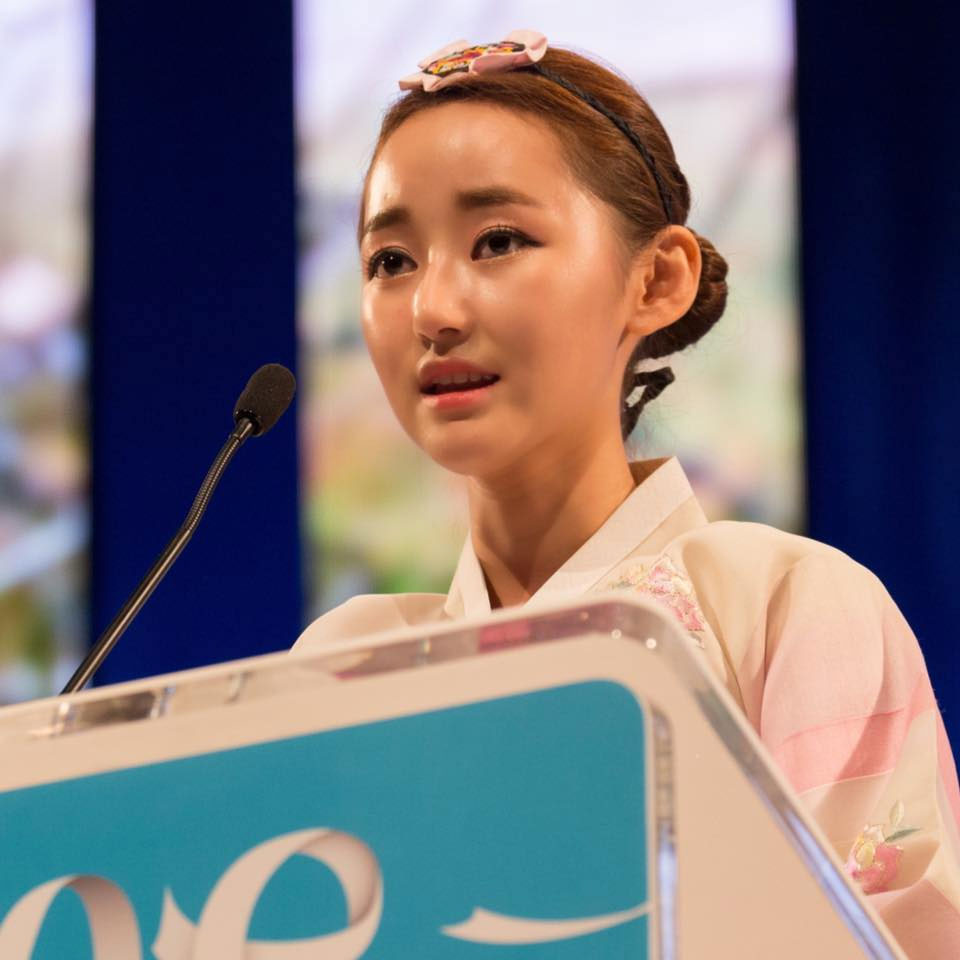 via
via